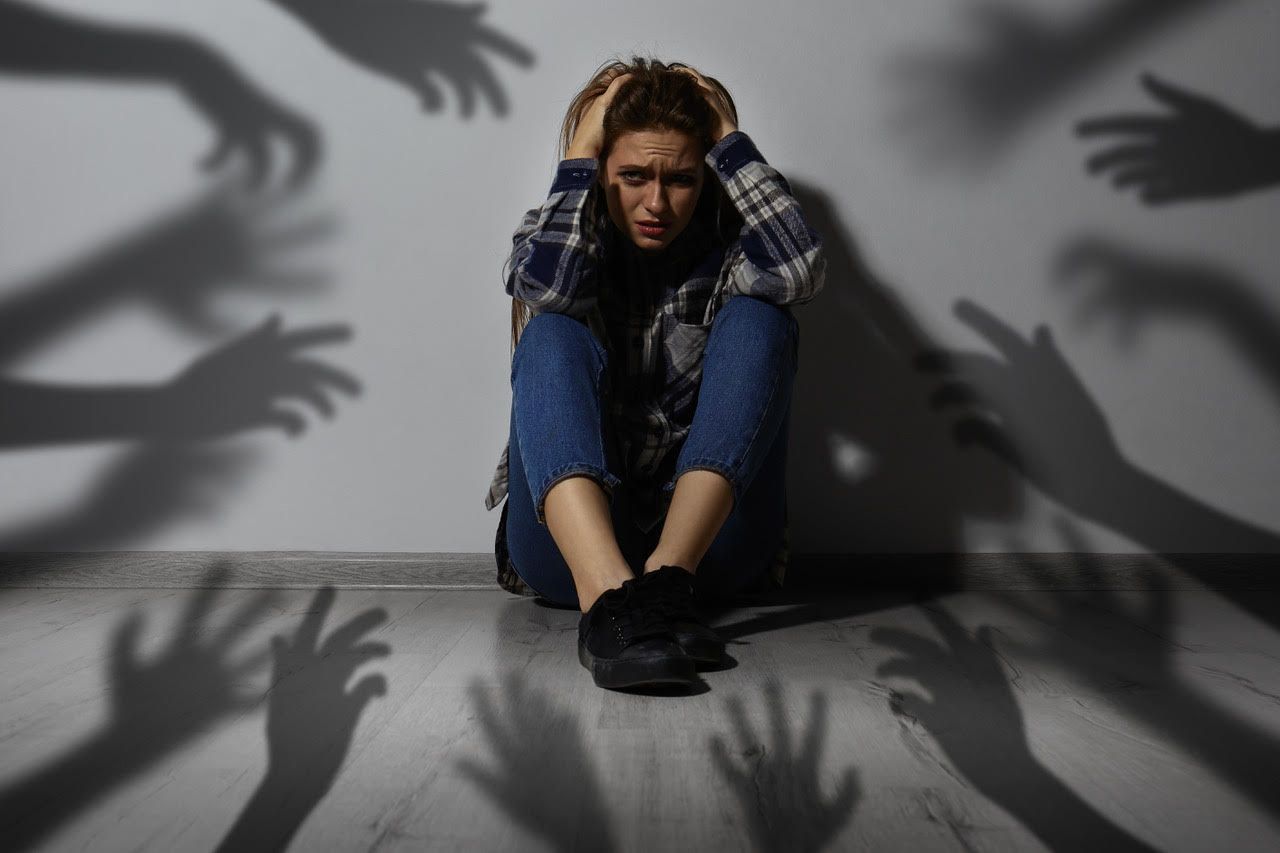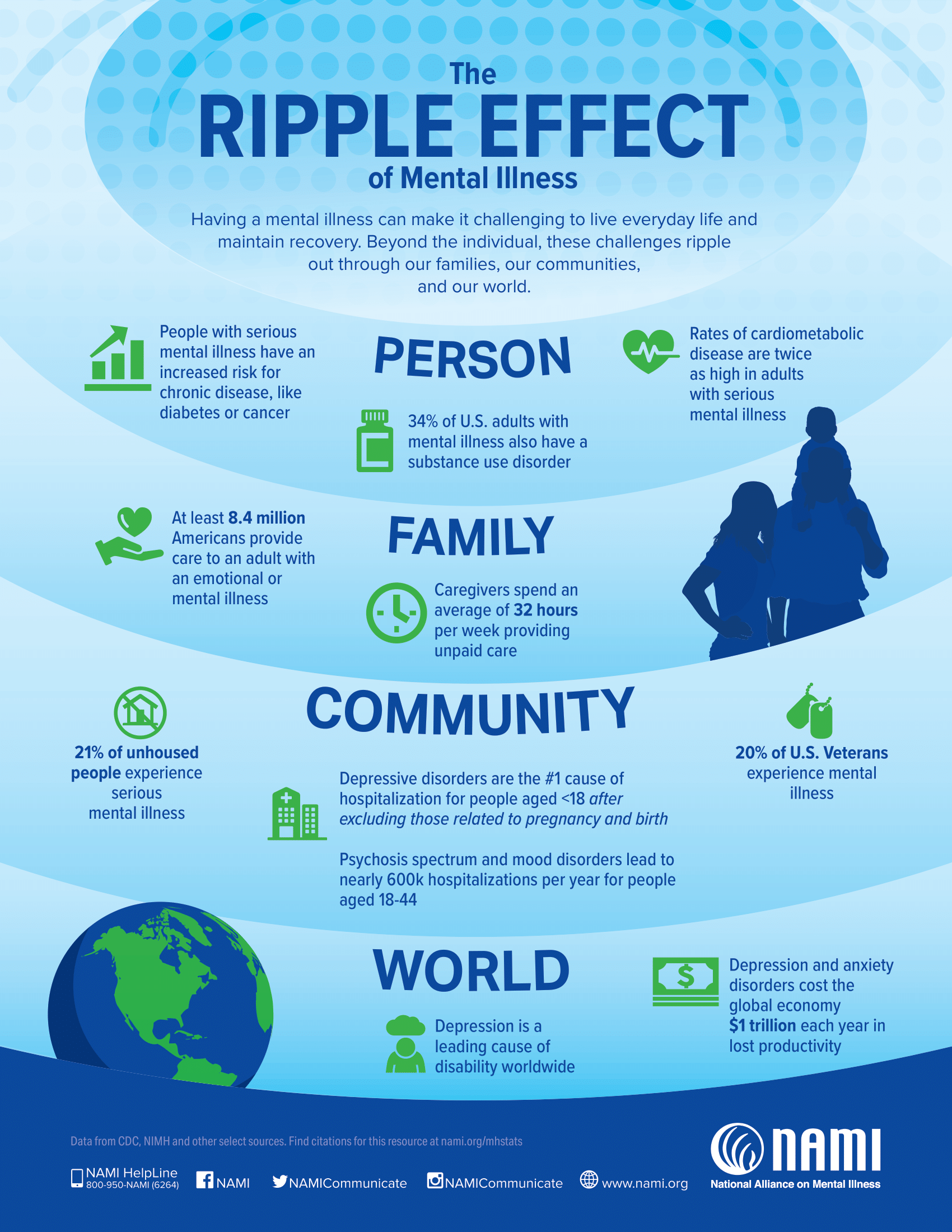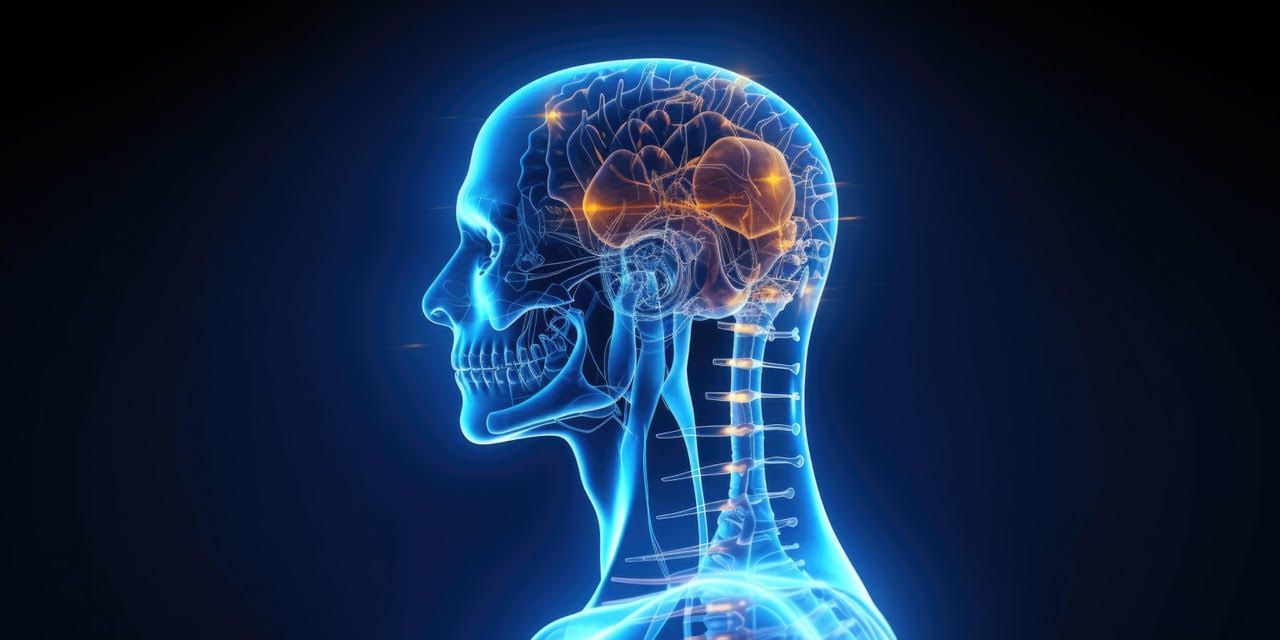Frame of Mind: Iowa's Mental Healthcare in Dire Straits

State Ranks Worst in the Nation
for Psychiatric Facilities
In April 2017, Chase Nicholson, a young Iowa man experiencing a severe psychotic episode, shot and killed his parents and 24-year-old sister in their home.
Just days before the murders, Chase had suffered a severe suicide attempt and had been rushed to the ER, where he told doctors he was sick and needed to be hospitalized.
But there were no psychiatric beds available for him in the entire state. Chase was sent back home with his parents. Days later, he killed his entire family.
Last for a Long Time
At the time this tragedy occurred, Iowa ranked last in the nation for state-managed inpatient psychiatric beds. Seven years later, it's still ranked last – with only two adult beds per 100,000 residents, according to a new Treatment Advocacy Center (TAC) report published in January. (The optimal number of psychiatric beds is about 50 per 100,000.)
Between 2007 and 2016, Iowa's total number of state psychiatric beds dropped from 223 to just 64 -- which is where it stands today – even though an estimated 84,000 Iowans live with serious mental illness (SMI). SMI includes schizophrenia, severe major depression, and severe bipolar disorder.
While the TAC report tallies only state-managed psychiatric beds, private Iowa facilities haven't enough beds either.

Types of Psychiatric Facilities
Public psychiatric hospitals provide both short-term and long-term care to forensic (criminally charged) patients and those without the means to pay. These hospitals are often the only places that will accept patients with a history of violent behavior or who suffer from both SMI and complex medical issues.
Private psychiatric hospitals and the psychiatric units within general hospitals provide inpatient, 24-hour care. They generally do not accept forensic patients, and the length of stay often depends on the patient's ability to pay.
Residential care facilities provide long-term, 24-hour psychiatric care and addiction treatment in a residential setting. Prices range from $10,000-$60,000 per month for psychiatric treatment and $3,000-$10,000 per month for sober-living care.
The Iowa Department of Health and Human Services (HHS) reports 809 licensed psychiatric beds for both adults and youth at private facilities across the state. However, only 646 of those beds are staffed, further limiting access to inpatient care. (See sidebar, "Types of Psychiatric Facilities.")
Mental Illness and Suicide
According to public health experts, most suicides are related to psychiatric illness, with psychosis, depression, and substance use disorders being the most relevant risk factors.
In 2022, Forbes Advisor compared all 50 states to determine the percentage of adults who had mental illness within the past year. Iowa ranked number 10 for the prevalence of mental illness, with 24.7% of its residents reporting some mental illness and 6.3% reporting a serious mental illness.
CDC data reveals that 549 Iowans committed suicide in 2021, representing 17.5% of the state's population – three percentage points higher than the national average. In 2022, Iowa suicides rose to 582, according to the Iowa HHS.
The Governor's Plan
Improving Iowans' access to mental healthcare is now a top priority for Gov. Kim Reynolds.
Noting that more than 25% of adults with serious mental illness also grapple with substance use disorders, Reynolds lamented that there's currently "little to no coordination" between the state's 13 mental health regions and 19 substance use regions.
She has proposed consolidating these regions into seven unified districts to manage both behavioral health and substance use services. Iowa HHS would oversee the effort and establish contracts with local administrative organizations to manage each district.
Through Behavioral Health System Alignment, we will align Iowa's fractured local delivery models for substance use and mental health care into a simplified structure supporting improved statewide access to care for all Iowans.
-- Iowa Gov. Kim Reynolds
The governor has also recommended increasing Medicaid payments for behavioral and inpatient psychiatric care. In addition, the governor's plan entails refocusing state-run mental healthcare toward behaviorally complex youth and forensic (criminally charged) patients, as well as increasing access to outpatient services through Certified Community Behavioral Health Clinics.
The state legislature is currently reviewing Gov. Reynolds' proposal.
--Article Continues Below--

A Story of Hope
The proposal to revamp Iowa's fractured mental healthcare system comes at a time when mental illness and suicide rates are at an all-time high across the country. Suicide prevention advocates are working tirelessly to reduce those numbers.
Kevin Hines, a San Francisco native who suffers from bipolar disorder, travels the globe, sharing his incredible story of hope, healing, and recovery.
In September 2000, when he was 19, Hines heard voices in his head telling him to die. He took a bus to the Golden Gate Bridge and threw himself over the rail. As he was plummeting 220 feet at 75 mph, Hines instantly regretted the decision and desperately prayed to live.
Struggling to surface, he felt a creature nudging his body. Amazingly, an accommodating sea lion kept Hines afloat until the Coast Guard could rescue him.
Here's the rest of Kevin's story:
Recent Posts











Share On: